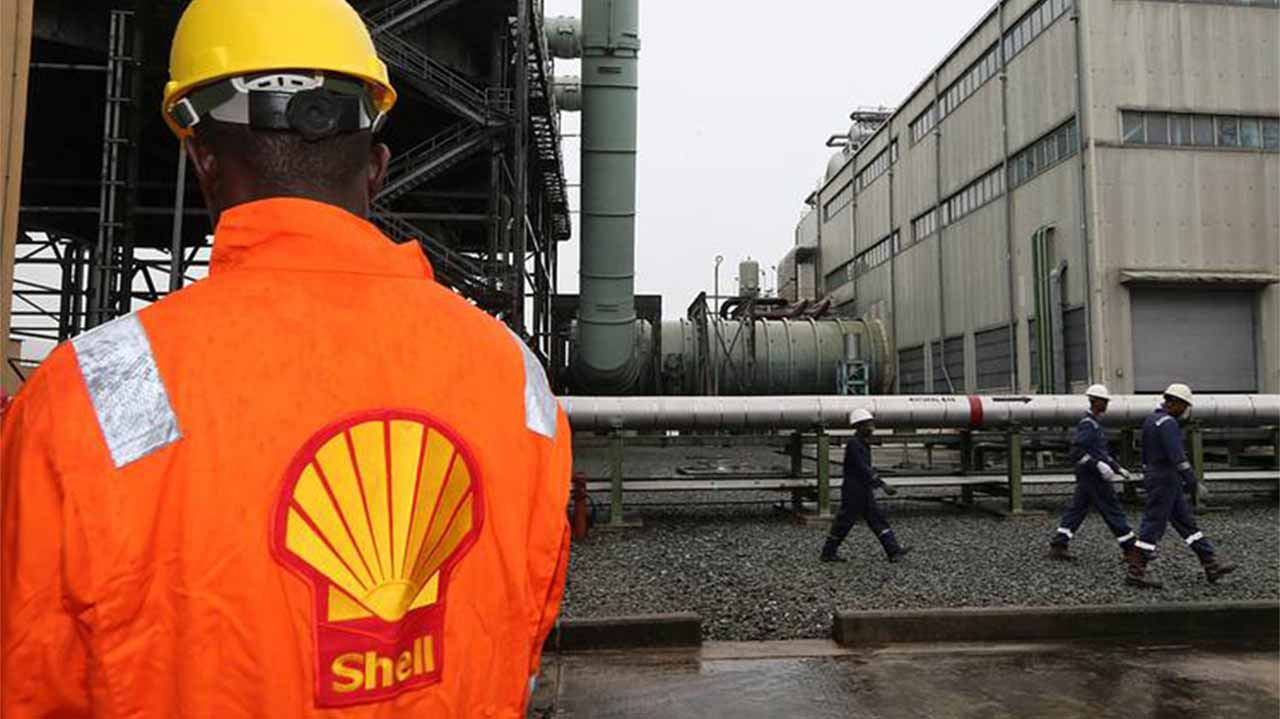Royal Dutch Shell wants to reconsider its activities in Nigeria and give more attention to the oil and gas fields far offshore and thus escape from corruption, theft and unrest that have plagued the country internally. The British company pioneered the Nigerian oil industry in the 1950s and the area remains to be important for its business. While Shell withdrew from onshore oil production and even got rid of some onshore assets, it continues to invest in others. Oil product has in fact gone up as a share of Shell’s production in Nigeria. A bulk of the increase comes from less polluting gas that is used mainly in power generation, which Shell thinks will be key to the transition to lower carbon energy.
Shell Petroleum Development Co of Nigeria (SPDC) has decreased oil production in the Delta by 70 percent since 2011 when it started reporting data on spills. Since then, the incidence of thefts from pipelines and spills has dropped at a lower rate and recently it has picked up again. Shell’s Nigeria Country Chair Osagie Okunbor commented that “we are too big just to see ourselves as ‘there is a problem and we have to run’. That is not what we are thinking of doing. But at the same time we don’t want to spread our footprint.”
In 2018, 85 oil spills have been recorded, which is already higher in 2017 and 2016. In 2016, the volume of spills was more than 30,000 barrels due to militant attacks. Oil theft from SPDC went up to about 9,000 barrels per day (bpd) compared to 6,000 a year before. Despite the security challenges and domestic problems, Nigerian onshore operations generate billions of dollars annually.




